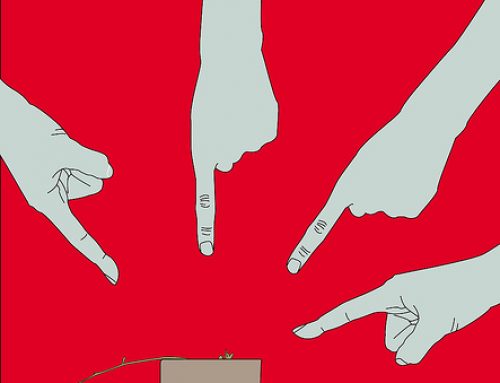Getting a degree is still the primary way of becoming “credentialed” in today’s society and universities have responded by designing not only new credentials i.e. degrees that never existed before, but also fast track programs to get you that credential e.g. the one year MBA.
Setting aside the worth of such fast track degrees, a guy named Scott Young is setting out to prove that 21st technology is affording us a super-fast track to the education (if not the credentials) of prestigious universities.
Many university courses are available online
For free! Not all, but many are. Some universities, the University of Phoenix being the best example, have so integrated their curriculum around online consumption and digestion of course material and class interaction, that they are changing the way teaching and learning is done.
For the better.
Scott is taking advantage of MIT’s online courses. And these are MIT’s authentic courses towards various degrees.
You can acquire knowledge in a fraction of the time
Scott is demonstrating that you can learn the material in less than half the time it would take you to go through a traditional university program.
Oh and did I mention that it’s also at a fraction of the cost of the credential (the actual degree)?
Of course it’s not the same university experience you and I have come to love, but his pioneering way yields the same “proof of knowledge” as the traditional university education: passing exams.
Scott is basically putting his method to the test by taking all of the same exams that traditional university students must take and pass to earn their degrees. And guess what?
He’s passing.
You don’t need the big degree
This suggests that we should be rethinking the how (and also the what) of learning. If the standard of credentialing is the passing of exams, then Scott is showing that you don’t need to go to big institutions—the ivy league or top ten schools— for four years and go into debt in order to know what their graduates know.
Of course you won’t have the network and the prestige of their degrees (and you’ll also miss dorm life, frat parties, and “Girls gone Wild”), but that’s not the point. (Or maybe it is. 😉
The point is that you can acquire the knowledge that a prestigious ivy league or top university degree confers at a fraction of the cost and the time.
So before you spend a fortune on your child’s degree or your continuing education. Think again.
If your objective is truly learning, and not prestige or credentials you may have some creative options available to you.





Any thoughts? Contributions/acknowledgments welcome.